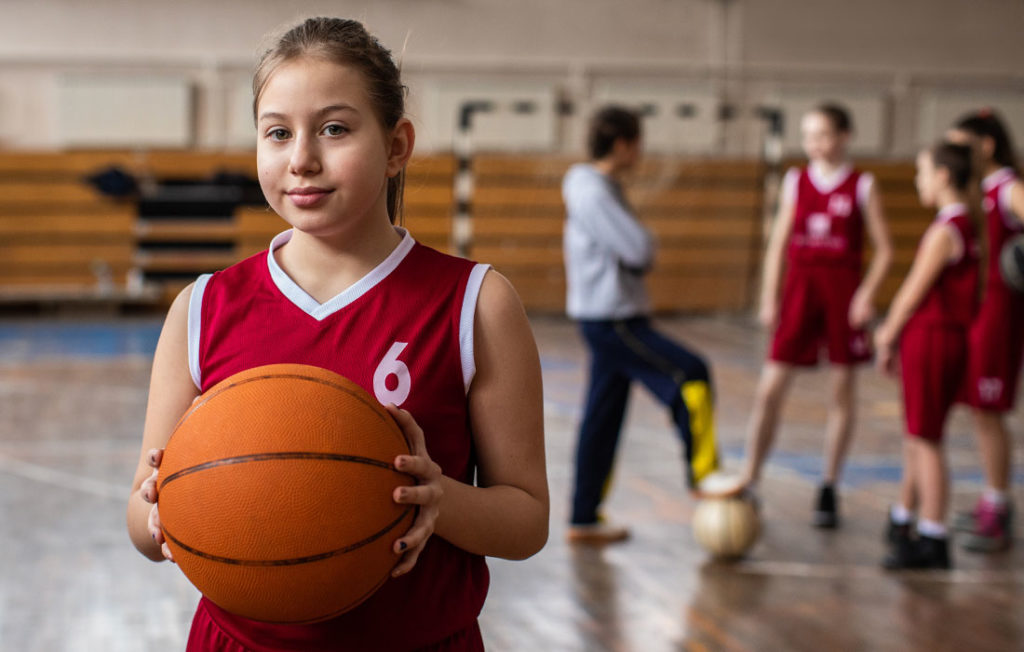How To Prevent Bullying, On and Off the Field

October is National Bullying Prevention Month. To keep this topic at the forefront for all who can act to reduce bullying’s impact, the October installment of the Champion in Every Corner’ podcast features ideas and perspectives from ally Judy French. Judy coordinates the National Bullying Prevention Center and conducts workshops on the topic.
LISTEN TO THE PODCAST
One important thing that differentiates bullying from other forms of conflict, French says, is that targets of bullying typically have less power than the person or group doing the bullying—making it hard for the target (the person being bullied) to stop it.
It is difficult for a bullying target to stop the behavior independently, so parents and other adults should be aware of bullying vulnerabilities and symptoms.
One of the biggest risk factors for a child becoming a bullying target is social isolation—and some children who are socially isolated, such as those with disabilities, may perceive the attention they get from bullies as good. In other circumstances, some children may be bullying targets even though they may appear to adults as unlikely candidates because they seem to have everything they need socially or emotionally.
Kids may not own up to being bullied because of the shame they may feel, and adults may sometimes be the last to know about it. Bullying often presents as depression: the targeted child may stop wanting to do things they used to enjoy, have a sudden drop in grades, or desire to go to school.
When targeted, kids seek out an adult they trust, don’t worry if it’s not you—hard as it is for a parent to hear that—but in any case, you should be proactive in talking with your child if you sense indicators of bullying.
“So much of a kid’s world can happen outside adult eyes,” says Judy French. For this reason, she advises, “We really need to keep lines of communication open with children around us, to get clued in about who could be vulnerable to being targeted.”
“A lot of advice the world gives targets is for them to do something—whether it’s to ignore it or, as my father used to say, ‘Punch him in the nose and he’ll never bother you again,'” French says. “And that really doesn’t work.”
Hear insights from the podcast and listen to additional Champion in Every Corner podcast episodes.
